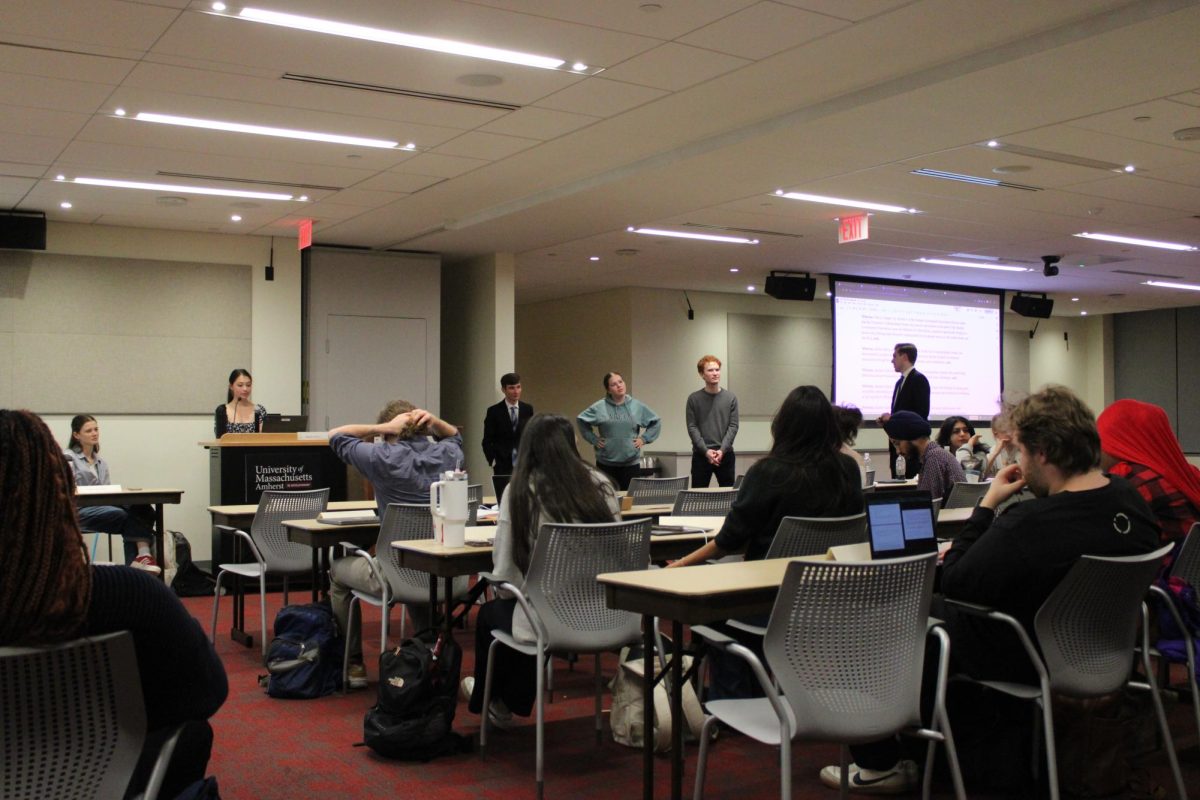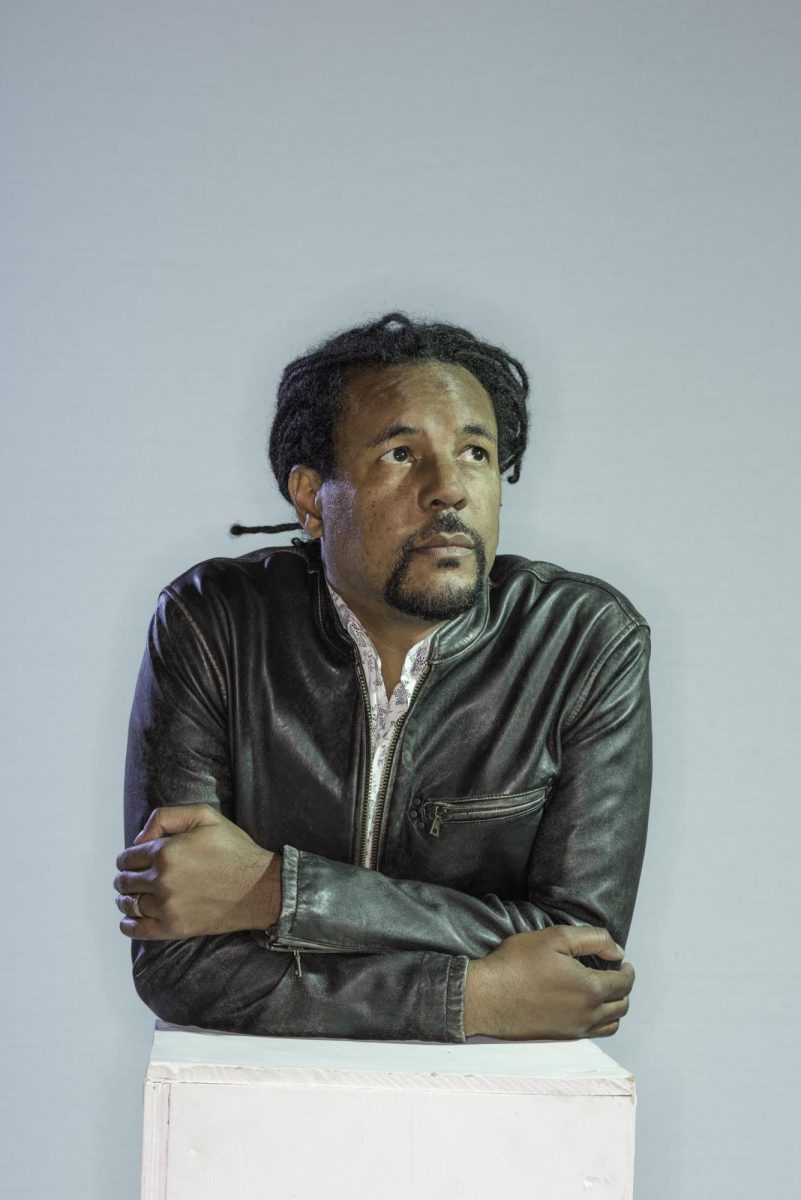In the late 19th century, King Leopold II of Belgium appealed to the international community on the “evil” practice of slavery still being used by Arabs in North Africa. To put an end to this, he sought the support of Europe and the United States, claiming that intervention in the Congo should be a priority. He went to the Berlin Conference selling visions of a civilized Africa, free from tyranny, slavery and war.
In the name of freedom and progress, Belgium under Leopold, had found its “special calling.”
To the industrialized world, Leopold would become the bringer of light to the Dark Continent. Under the banner of his sweetly named International Association of the Congo, Leopold had begun to assemble a “coalition,” to set up humanitarian, religious, and scientific outposts inside the Congo – the beginning of his vision of a “confederation of free negro republics.”
Even the United States supported Leopold in his apparently benevolent endeavors. Under Theodore Roosevelt, Secretary of State Fredrick Frelinghuysen proclaimed, “The Government of the United States announces its sympathy with and the approval of the humane and benevolent purposes of the International Association of the Congo.”
Leopold was, according to one writer, “enough to make an American believe in Kings forever.”
After announcing the “liberation” of the Congo, by denouncing the Arab slave trade, Leopold started, among other things, a currency system, major infrastructure projects, and even new industries. Belgium, he thought, would get a return on the investment of “liberating” the Africans of the Congo. Using the resources of the region, including the cheap (even free) labor of the people, Belgium would build the “Independent State of the Congo.”
When a fair was held in Antwerp in 1897, over one million people came to celebrate Leopold’s work in the Congo. To show the extent of success of his “humanitarian” mission, he displayed nearly 300 Congo natives in a makeshift “civilized” village.
Some were playing musical instruments, while others were hailing the King as one newspaper put it “an example of humanity.” Africans of the Congo were certainly “better off” under the control of Belguim, rather than under the “evil” dictators of Africa and the Arab slave traders, or so the media of the time claimed.
The real outcome of Leopold’s humanitarian gesture, however, still haunts us today. The “civilized world,” in all of its objectivity forgot to mention the extent to which men, women and children were repeatedly held hostage, raped, dismembered and killed. Some “ungrateful” Africans were locked in cages, while others were decapitated and their heads lined up as lawn ornaments for the Belgian elite. All the while, Europe and the United States hailed Leopold for his great efforts in “liberating” the Congo.
The year now is 2003, where President Bush proclaims an “imminent threat” by an “evil” dictator in the Middle East. After a significant amount of evidence of this threat was rendered obsolete – through plagiarism, forgery or outright fabrication – the justification for all-out war rested in the hands of the “liberation.” Hence the name, “Operation: Iraqi Freedom.” The President even hailed the war as a “global democratic revolution.”
Like the idea that Leopold sold at the Berlin Conference, it was flawless – invade Iraq, overthrow their despotic leader, rebuild their cities, sell their oil to cover costs, and then sit back and watch Iraq turn itself into a palm-tree paradise. Those who died, were simply casualties in a war for the liberation of the human spirit, and need not count as a “cost.” Victory would be priceless, so thought both Bush and Leopold. Like the Congo, Iraq would be “better off,” in the end.
As of now, civil unrest is at an unprecedented high as both Shiite and Sunni tribes are working against the United States. These two groups have been at odds for centuries. In Afghanistan, Sunni Muslims regard the Shiite as “hypocrites.” Yet, their animosity against the United States is so strong that they have joined the fight against the U.S. “humanitarian mission.” Yet still, Iraq is “better off.” One year, $120 billion, over 10,000 civilians, over 700 soldiers, and one joke by the President later, the people of Iraq are “better off” then ever before.
If Leopold were alive today, I wonder what he would say if he got the chance to walk through the city of Kinshasa, formerly known as “Leopoldville,” and explain to the people of the Congo that despite a century of misery, famine, and genocide, they were “better off.” If President Bush were alive a century from now, would he be able to walk through the streets of Baghdad and explain that Iraq was always “better off?”
“Who cares,” right Mr. President? Like he told Bob Woodward when asked about how history will see war in Iraq, “We’ll all be dead.”
So, sleep well, Mr. President, knowing that you will never have to live to see the work of your poor surgery. While the infection of poverty and animosity spreads for generations, we will never have to face the abomination that will carry on long after us. “We’ll all be dead.”
Information in this column was taken from the book “King Leopold’s Ghost” by Adam Hochschild and “Taliban” by Ahmed Rashid.
Mark Ostroff is a Collegian columnist.






